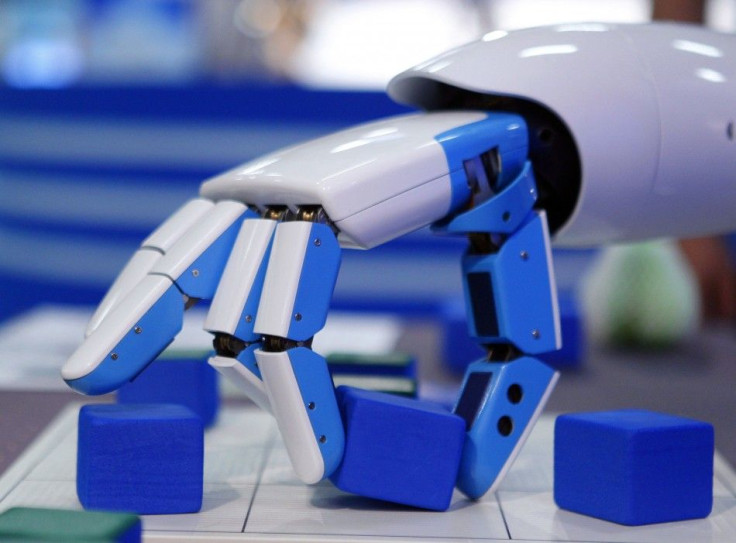Apple App Store Inspires Robot Version in San Francisco
Apps for Your Personal Robot Coming Soon

Apple, BlackBerry, Amazon, Nook and Android all have their own application stores for their mobile devices, but one man in San Francisco plans to open an app store for robotics software. A man named Elad Inbar has created a Web site called RobotsAppStore.com, and he thinks enough personal robots are out there now to foster an audience for his app store. There are 14 million personal and service robots in the world Inbar told Bloomberg Business Report Columnist James Temple. Additionally, that number has nearly doubled in the last two years, and Inbar said he thinks the time is now to begin building up his software store.
RobotsAppStore.com is in beta right now, but Inbar wants to do a full launch early this year year. He plans on having around 500 apps in the marketplace when it launches. Prices will hover around $10, but there will be many that are more or less than that, just like in other popular app stores. Some robots people might be buying software for include the Keepon, from Toys 'R' Us. It's $20 and it's a dancing robot that responds to sound. Other, much more expensive examples are the the $16,000 talking android called Nao. It has two hands with gripping ability, can dance and can walk. Then there is the PR2, a $400,000 robot that can bake cookies, fold laundry and grab you a beer. Furthermore, the popular Roomba vacuums from iRobot are a great example of the type of robots that people would be buying software for.
But the best example is Sony's AIBO robot dog. They're still very expensive, but people began hacking them a few years ago, and started teaching them to dance and talk, and they did it without any kind of app store or market. Sony, makers of AIBO, initially did not want people hacking their gear, but soon decided to encourage people by offering up a developer kit. Those kits are now basically standard with many personal robots, and that should entice professional developers to create apps for the new robot app store. Tell us in the comments if you are a big robot fan or if you fear the coming robopocalypse.
© Copyright IBTimes 2024. All rights reserved.










